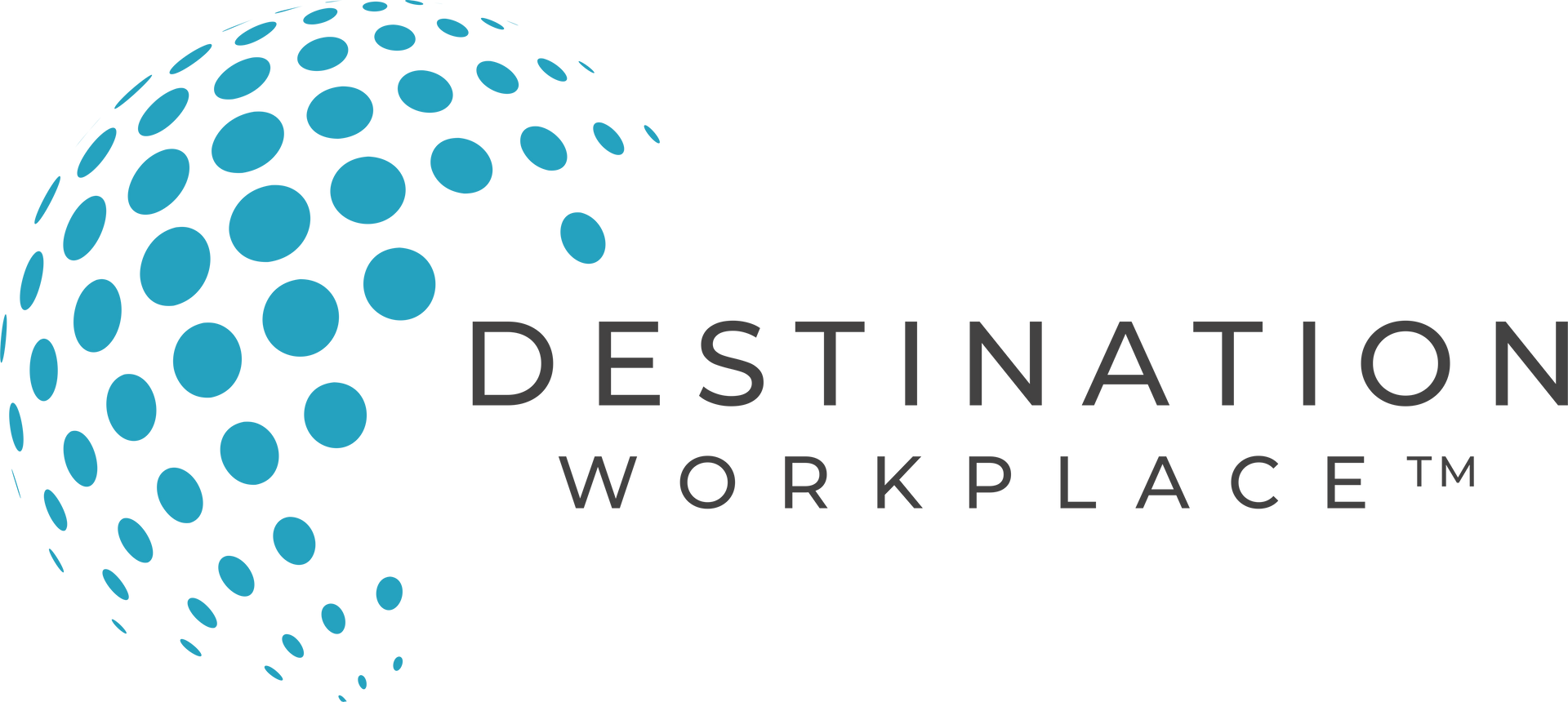With different personality styles in the workplace, we can expect people to react in different ways when it comes to dealing with a crisis. Some will maintain their cool, some will help out where needed, and others may blow up at one another, become paralyzed by change or even have a complete breakdown. While you can’t change someone’s initial response to a crisis, you CAN help them navigate through it with less stress and reduced conflict, while staying productive, engaged and positive.
As a human behavior expert, I’d like to share with you some insights and strategies to help you and your team navigate through any crisis successfully. To do this, I’m going to use a model of human behavior called, DISC. There are four personality styles within the DISC model of human behavior, and understanding your most predominant style can help you operate in your strength zone, and become aware of the blind spots that are holding you back from reaching your full potential and building better relationships with others. (Taking an online DISC assessment can help you understand yourself and others more effectively.)
Here are a few insights into how the four personality styles tend to immediately react to a crisis, what can cause them to lose it during a crisis, and how you can help them navigate through it successfully.
DRIVERS
Immediate Response:
Being task-focused and outgoing, Drivers will remain confident in their abilities to get them through any crisis. They actually thrive in chaotic circumstances because they love challenges and have a natural ability to problem-solve. Because of this, Drivers will immediately step into a leadership role and go into ‘fix it’ mode. You won’t ever hear them complain, because there’s no time for it. Their focus is on TAKING IMMEDIATE ACTION.
Potential Problems:
Because they are task-driven, Drivers will immediately devise a plan for navigating through the crisis and will move on it quickly. Anyone who questions their plan or gets in their way will make them impatient and angry. They will also lose respect and sometimes their temper with anyone who becomes emotionally unstable or anyone who chooses to complain during a crisis. Remember, they are problem solvers, not problem identifiers, and they expect others to behave the same way.
Solutions:
Drivers don’t like to feel like they’ve lost control, so support this individual by letting them take the wheel where they can. Since they’re solution-focused, asking for their ideas on how to navigate through the crisis will help them maintain the sense of control and respect that’s important to them. Because all Drivers love a good challenge, give them a task that will stretch them a little. This will help them maintain a positive mindset as long as you don’t micro-manage them through it. Drivers will always get to their destination as quickly as possible when left to their own devices.
Bottom line: Ask for their solutions, give them a challenging task and let them take control.
INSPIRERS
Immediate Response:
Inspirers are normally the life of the party, and a crisis automatically removes the element of fun that is so important to them. Inspirers will try and see the light at the end of the tunnel and keep people happy by telling jokes and being the cheerleader, and they will continue to stay positive as long as they’re being recognized for their motivational spirit. Inspirers are also willing to help out where needed as long as some of the spotlight is directed toward them. Their focus is on STAYING POSITIVE FOR OTHERS.
Potential Problems:
Inspirers are turned off by a ‘doom and gloom’ mentality, so start by giving them a sense of hope, and they will, in turn, be that voice of hope for others. Being social butterflies, they crave relationship-building time, and unfortunately, you will lose their willingness to help out if they’re forced to work in solitude for long periods of time. They also crave a certain amount of attention and will become unwilling to do their work if you forego providing positive feedback. Above all, be careful not to let team members yell at each other or put others down. Inspirers don’t perform well in a negative environment. Their motto through a crisis is, ‘Don’t be a hater, be a motivator!’
Solutions:
Inspirers love being a source of positivity and light during dark times, so give them verbal pom-poms and let them be the cheerleader of the workplace. They will work hard for someone who recognizes their positive spirit, so praise them often. You will need to provide them with a schedule and deadlines for getting things done because Inspirers tend to ‘squirrel’ when given too much freedom. Since they enjoy the spotlight, give them opportunities to motivate and encourage others.
Bottom line: Keep things positive, let them interact with others and give them opportunities to be the team cheerleader.
SUPPORTERS
Immediate Response:
Supporters are the kindest, nicest and most steady group of people you will ever meet, and they tend to struggle with any type of change….especially change that feels chaotic and uncertain. They crave a peaceful and harmonious environment, and a crisis will shake that up a bit. Their focus is on MAINTAINING PEACE & HARMONY.
Potential Problems:
If people start to become confrontational with them, they will either display passive-aggressive behavior or shut down completely. Supporters will also become paralyzed when they aren’t getting clear direction from their manager on how to navigate through the crisis.
Solutions:
Because Supporters tend to internalize their feelings, make sure you create a safe space for them to speak up when necessary, and encourage them to share ideas that will help your team navigate through the crisis. Create a sense of stability and provide a step by step plan for them to follow so they stay productive and hopeful moving forward. They are relationship-focused individuals so be sure to provide opportunities for them to engage with team members and show genuine appreciation for the support they consistently show others.
Bottom line: Create a safe environment, provide a step by step plan and appreciate their willingness to engage with and support others.
CALCULATORS
Immediate Response:
Calculators need to process and understand a crisis before they react to it, and they will never react emotionally. They will respond with facts and logic. They will be one of the best resources for mitigating risks with plans for moving forward. Their focus is on ANALYZING DATA & MITIGATING RISKS.
Potential Problems:
Because they respond logically to a crisis, they can become stressed out and uncomfortable by others who react emotionally. Their focus is on analyzing data and providing organized solutions, and any unfocused or chaotic personalities could cause them to become vocally demeaning or sometimes even hostile.
Solutions:
Calculators work well alone, so allow them to work free from the emotional distractions of others. They respond well to facts, so give them tasks that require research, analytics, and logic, and let them know you value their work. Bring them the overall plan that the Drivers came up with, and they will help break it down into structured processes.
Bottom line: Allow them to work alone, ask them to gather facts and details and let them create processes from your overall plan.
When a crisis occurs, the DISC tool can help you prepare for how your team members will most likely react, and understand what they need in order to move forward collaboratively and successfully. (Click here to get an online DISC test for you and your team.)
Share the Infographic!
Betsy Allen-Manning | Founder, Motiv8u Enterprises |Keynote Speaker & Human Behavior Expert | www.BetsyAllenManning.com
About Betsy: Featured on FOX, CBS, NBC, and ABC, Betsy Allen Manning is a high-energy leadership keynote speaker and workplace culture strategist who equips organizations across corporate, franchise, association, non-profit, and government sectors to develop high-achievers, high-impact leaders and high-purpose cultures. Through her national workplace research and DNA Activation Framework, she delivers data-backed, high-interaction keynote presentations and workshops that strengthen performance, leadership, and retention. Betsy is also the founder of Destination Workplace™, an award-winning leadership training company in Dallas, trusted by some of the world's most elite brands nationwide.










